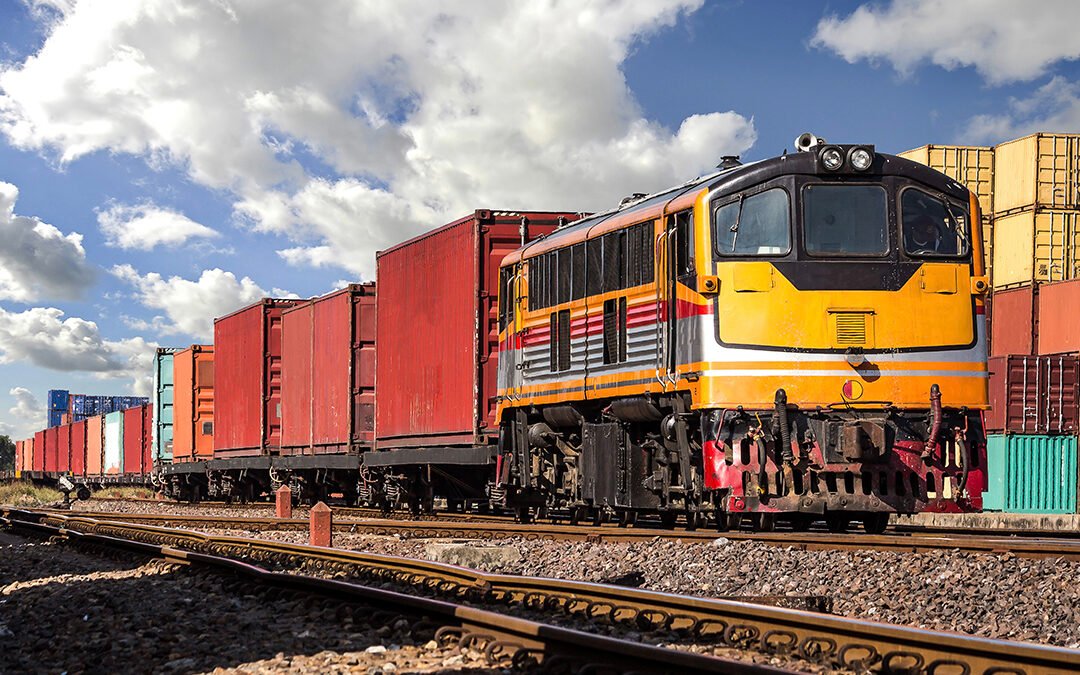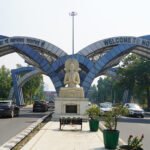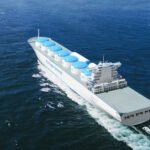The sharp increase in fuel prices recently has led the automakers to look for more transportation options other than roadways to convey the finished vehicles out of the country so they can cut the costs and also reduce the emissions. Out of all the passenger vehicles produced in the market, as much as 16% of them were ferried through the railways and not roadways in the last fiscal year, which according to the data of Indian Railways is a four-fold increase of 4.5% in the fiscal year 2018.
This shift was led last year by Maruti Suzuki, which is the largest carmaker in India. The car-making company dispatched the highest of the fiscal year which is more than 233,809 vehicles through railways. The vehicles transported in FY21 via rail were 188,656 according to which, this is an increase of over 23% in the transportation through railways. The current level of share of rail transportation is 15% and according to the industry officials, the company is working to increase it. Due to an increase in economic activity and a sharp hike in the prices of fuel, the rates of road freight have been on a rise and altogether, the rates of rail freight have remained firm since the Automobile Freight Transport Operator (AFTO) policy was disclosed by the Indian Railways in the year 2013.

Maruti Suzuki is the largest carmaker in India.
The railways have also been offering a 20% discount on the freight rates for long distances between 600 km and 1,200 km as it has been working to transform the freight basket. The railways have also offered special rates for freight movement to the Northeast to attract more automakers.
Maruti Suzuki has neutralised carbon emissions of over 4,800 million tonnes in the last eight years by shifting over a million vehicles through Indian Railways. Using and focusing on the railways for transportation of vehicles has helped Maruti Suzuki save fossil fuel in 174 litres by avoiding roadways and truck trips. Rail transportation has also helped the company to reach the Southern and North-eastern regions in just eight days which usually takes 16 days by road. The longest route for Maruti Suzuki is from Gurgaon to Coimbatore. Apart from the company, other logistics companies like Adani NYK, APL Vascor, Joshi Konoike and IVC Logistics are also looking for potential in this space by securing AFTO licences.

The car-making company dispatched the highest number of vehicles of the financial year through railways.
The first automobile manufacturer to secure the AFTO licence is Maruti Suzuki in 2013. This has helped the company operate at a high speed and capacity in the network of Indian Railways. The liberalisation of the AFTO policy was done by Indian Railways in order to attract more investment from the private sector in special wagons in the year 2018. The amount of the registration fee which was Rs 5 crore earlier, was reduced to Rs 3 crore. The railways also reduced a requirement for a minimum of three rakes to one rake under the arrangement. For private and government auto transport, the railways have roughly 119 rakes, up from 19 rakes in FY18.



















